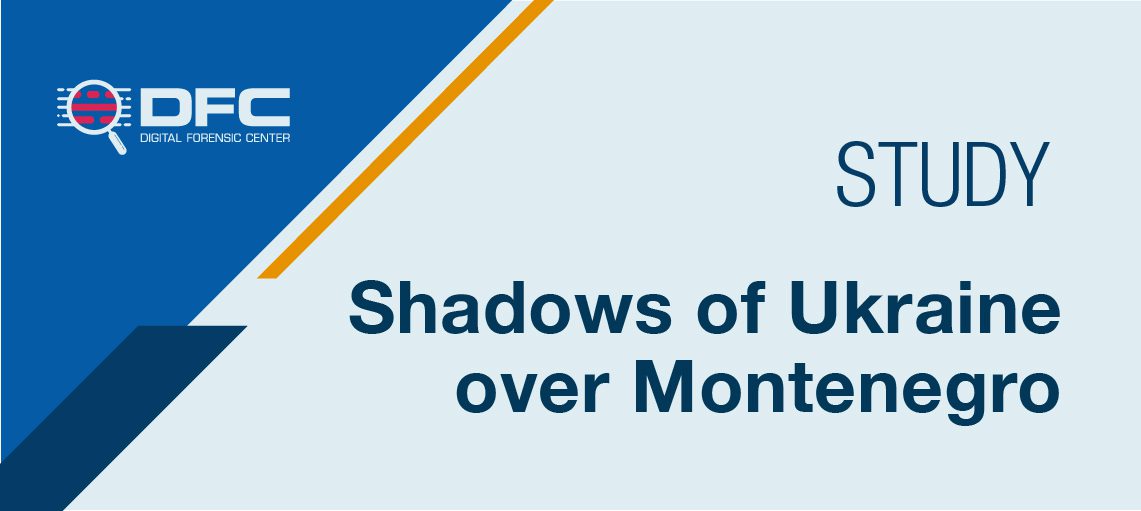The current global crisis after Russia’s invasion of Ukraine has highlighted the importance of Montenegro’s NATO membership but has shed additional light on internal weaknesses that reflect political, national, and social fragmentation and the continued influx of foreign malign influence. There is no doubt that the war in Ukraine has deepened the polarization in Montenegrin society, and the fact that forces committed to Vladimir Putin’s policies are in power (albeit in a technical mandate) further complicates the current political and security issues.
Given the possible negative implications of the Russian invasion of Ukraine, but also all the implications of the extensive campaign against Montenegro from Russia and its key partner in the region of Serbia over the past few years, the possibility of further complicating political, security, economic and social opportunity in Montenegro cannot be ignored
In order to prevent malign influence and negative scenarios that have recently been hinted at by key Russian proxies in Montenegro, an urgent reaction of all democratic structures of society is needed, which base their political activism on European and Euro-Atlantic values and which certainly make up the majority. This would include several urgent moves by the majority in parliament formed after a no-confidence vote in Zdravko Krivokapic’s government, which would help stabilize the situation and create the preconditions for an institutional solution to Montenegro’s problems
The study Shadows of Ukraine over Montenegro offers an insight into the dynamics of Russian aggression against Ukraine, but also the implications for the Western Balkans region, with a focus on Montenegro, with a set of specific recommendations.
The Study can be found by clicking on this LINK.

